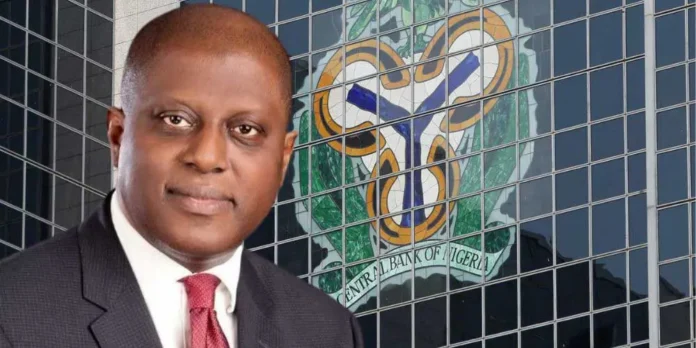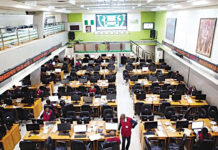The Central Bank of Nigeria (CBN) has set an ambitious goal to attract $1 billion in monthly remittance inflows as part of its strategic efforts to enhance foreign exchange earnings and stabilize the naira.
This initiative is aimed at leveraging Nigeria’s vast diaspora network, which sent over $25 billion in remittances last year, positioning Nigeria as one of the world’s top remittance-receiving countries.
In addition, the CBN revealed that it has recovered over N1 trillion out of the N10 trillion in quasi-fiscal interventions that had undermined market confidence and weakened the effectiveness of the CBN’s policy tools.
ALSO READ:APC Stakeholders Urge Governor to Avoid Crisis in Party’s Nasarawa Chapter
Speaking at the 2024 Bankers’ Night in Lagos on Friday, CBN Governor Olayemi Cardoso highlighted that foreign portfolio inflows have increased by over 72% during this period, while foreign exchange reserves have grown from $32 billion in May 2023 to over $40 billion today.
This marks the highest reserve level in nearly three years and represents an import cover equivalent to eight months.
Cardoso also noted that the market has supported over $9 billion in capital outflows over the past year, with investors now able to freely repatriate capital and dividends without the delays experienced in the past.

“These results reflect improved confidence in the reforms we have embarked on. Additionally, we witnessed a $6 billion current account surplus in the first half of 2024, reflecting the positive impact of these reforms,” he stated.
The CBN Governor further explained that reduced petroleum product imports, bolstered by improved domestic refining capacity, a growing focus on non-oil exports, and higher remittance inflows, have all contributed to Nigeria’s positive current account balance.
He also highlighted the significant progress in remittance inflows, which have doubled from an average of $300 million per month in 2023 to nearly $600 million in August 2024. Cardoso reiterated the CBN’s commitment to further integrating the Nigerian diaspora into the financial system, as exemplified by the introduction of the non-resident BVN registration.
“We expect our financial institutions to develop products that not only enable the diaspora to support their families but also provide opportunities for savings and investment in Nigeria,” Cardoso added.




